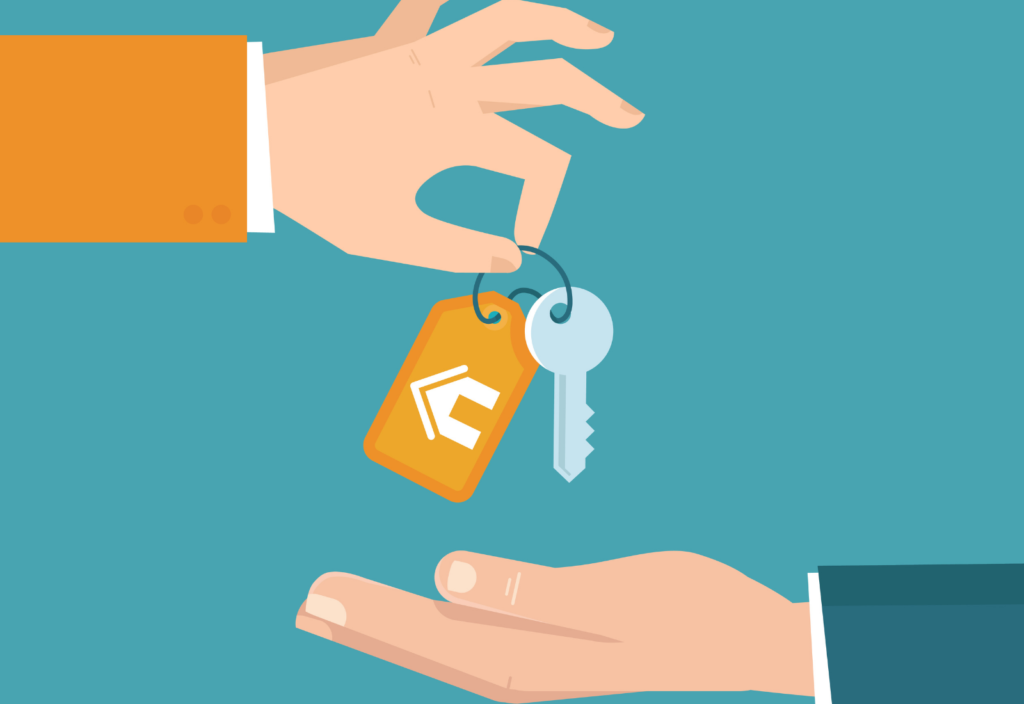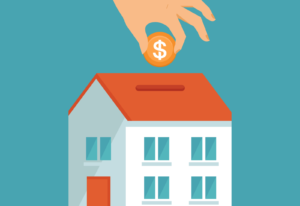By Steven Rudmann + Nadja Vietz
It is a great time to acquire vacation property in Spain, but important to thoroughly understand the legal and tax implications.
In early 2020, market prices for vacation properties in Spain were rising, as they steadily had been since 2015. Then in March, COVID-19 hit the country hard. A long lockdown followed, during which tourism fell to zero. Airports and popular tourist destinations resembled ghost towns. The pandemic’s impact on vacation property prices has been significant, and depending on the region, prices are falling slowly or have already dropped by 5 to 7 percent.
The pandemic is certainly largely responsible for most of the decline in property values. First of all, foreign buyers have always been an important driver of Spanish vacation property prices, and they have been almost completely absent for the past year.
And in the domestic market, some locals have unexpectedly and tragically inherited a property on the coast or countryside and have placed it on the market for sale. Others are trying to sell their own vacation homes for fear of further economic decline and job losses that might require them to have a financial cushion. The bottom line is that there are more sellers than buyers, and prices have gone down.
As Spain’s real estate market opens up again, there is opportunity
A few months ago, we wrote about Spain’s Golden Visa program, launched in 2013 to make the Spanish economy more competitive, further boost foreign direct investment, and enhance foreign trade and local job creation. The Golden Visa program can be a valuable bonus for foreign property buyers, and indeed can open the door to myriad opportunities to work and live in Europe full-time.
In addition to residency and a work permit for a purchaser of property (or properties) valued at €500,000 or more, the program can provide Spanish residency to the investor’s immediate family, which can include not only married partners but also common law partners, as well as economically dependent children, including grown-up children, and parents.
The pandemic has changed many people’s priorities and lifestyles: many Spanish and other European professionals – not to mention the Americans — find themselves able to telework, and may prefer to do so from locations with a less touristy feel. Buyers are turning their attention to less conventional destinations such as Andalusian villages, and the northern regions of Spain including the Basque Country, Asturias, Cantabria and Galicia. Those who are lucky find incredibly cheap property that may require refurbishment, but ultimately remains a bargain. The Golden Visa program permits foreign property buyers to live in Spain full-time, should they wish, with their families.
Seven tips if you are considering purchasing Spanish real estate
If you are considering a property purchase in Spain, a good understanding of the Spanish language is important in navigating the real estate purchase process, especially in dealing with government agencies and service providers. This is even more true in smaller communities. If you are not fluent in Spanish, you will want to enlist the help of a Spanish-fluent friend or trusted colleague.
And as with any large financial transaction, we recommend retaining expert legal counsel to support you throughout the purchase process. You will need a trusted guide to help you navigate Spain’s legal system, tax code and bureaucracy, and to advise you on local contexts, especially when you’re doing business with companies and individuals that are operating in their native cultures and legal systems.
That said, here are seven factors to consider if you are contemplating a Spanish property purchase:
1. Local infrastructure
Spain offers a dazzling array of property purchase options thanks to its diversity. There are the well-known beach resorts, but also small villages that offer their own charm. However, local infrastructure and transport connections must be taken into consideration. For example, travelers who will need to regularly go back to their home countries will not want to be too far away from the nearest airport. Some remote locations are fine for a day trip, but perhaps not for prolonged stays.
2. Implications of renting out your property
Those who plan to use a vacation property only seasonally may consider renting it out when they are not in residence. However, though marketplaces such as Airbnb may be attractive, it is critical to ascertain if the community in which you plan to purchase has enacted regulations limiting short-term rentals. Also, even non-residents must declare property rental income to the Spanish tax authorities. Even property owners who do not rent out their properties are obliged to file annual tax returns.
3. Understand the terms of brokerage agreements
In Spain, as a general rule, the party who engages the broker also has to pay for its services. However, some brokers try to collect from both parties. Even though a broker can only request fees after the signing of the main contract, establishing contact between the seller and purchaser is usually sufficient to entitle a broker to compensation. In any case, the specific terms of the brokerage agreement should always be clear to the parties so as to avoid nasty surprises. It is not unusual for brokers to require 4 or 5 percent of the purchase price as remuneration for their services. In particular, beware of giving a broker an exclusive mandate, as they may end up entitled to fees upon the sale of the property even if no brokerage services were rendered. Needless to say, do not sign a contract in Spanish unless you fully understand its terms. This may require not just translation into a language you understand, but also legal advice to understand its terms of art.
4. Be familiar with reservation agreements and preliminary contracts
In many cases, the potential purchaser pays a reservation fee in property transactions mediated by a broker. Upon payment, the property is delisted for a certain amount of time. In Spain it is common to sign a preliminary contract, the so-called “Arras contract.” In this document, purchaser and seller reach an agreement regarding the acquisition of property. In some cases, the seller will receive money at this stage; down payments of 5 to 10 percent of the purchase price are common. The actual transfer of ownership usually occurs later, at the time the notarial purchase deed is issued. Even though the Arras contract contains a withdrawal clause, this does not mean withdrawal from the contract is without consequence. Purchasers who pull out of an Arras contract and do not comply with their obligations contained in it can lose their down payments.
5. Investigate liens at the Property Registry
No one should sign a preliminary contract or acquire vacation property in Spain without having checked the possible existence of liens on the property at the Property Registry. It should also be confirmed that the seller corresponds to the owner recorded at the Property Registry.
6. Obtain an NIE
Regardless of whether or not the purchaser is a resident of Spain, if she or he is not a Spanish national, she or he will need a Spanish ID number for foreigners, the so-called NIE (número de identificación de extranjeros). Among other things, this number is used to pay taxes after the purchase transaction is completed. The purchaser can either apply for a NIE himself, including at a Spanish consulate abroad, or can issue a power of attorney to a lawyer to apply on her or his behalf.
7. Keep taxes and other expenses in mind
In Spain, a purchaser often is contractually obliged to pay the notary fees and the fees for recording the deed at the Property Registry, even though the law calls for a just division of the costs between the parties.
Also, Spain property transactions trigger a transfer tax, which depending on the location can be up to 10% of property value, or the Spanish value added tax (VAT), depending, respectively, on whether the acquired property is privately owned or owned by a property developer. In the event a mortgage is obtained, VAT and stamp duty will also be due.
Finally, before buying a property in Spain, the purchaser should know whether municipal fees and property taxes (impuesto sobre bienes inmuebles, or IBI) have been paid for the last four years. Tax rates going forward will vary depending on the region. Costs can also be optimized when choosing electricity or water supply companies.

























